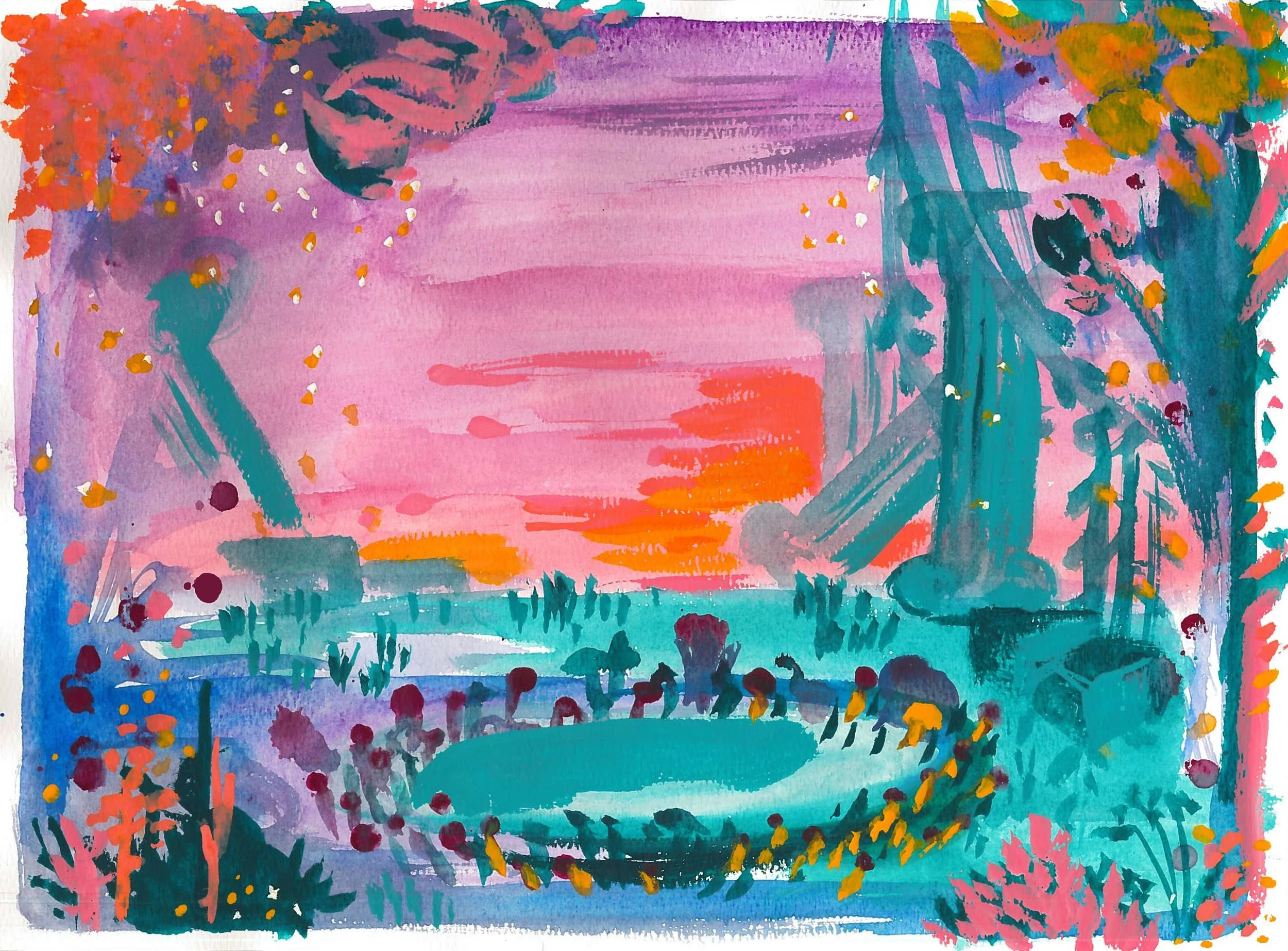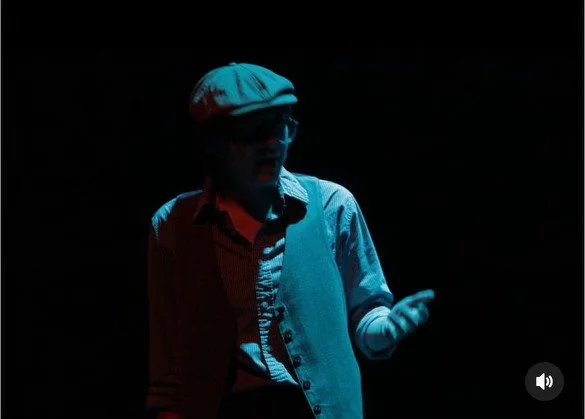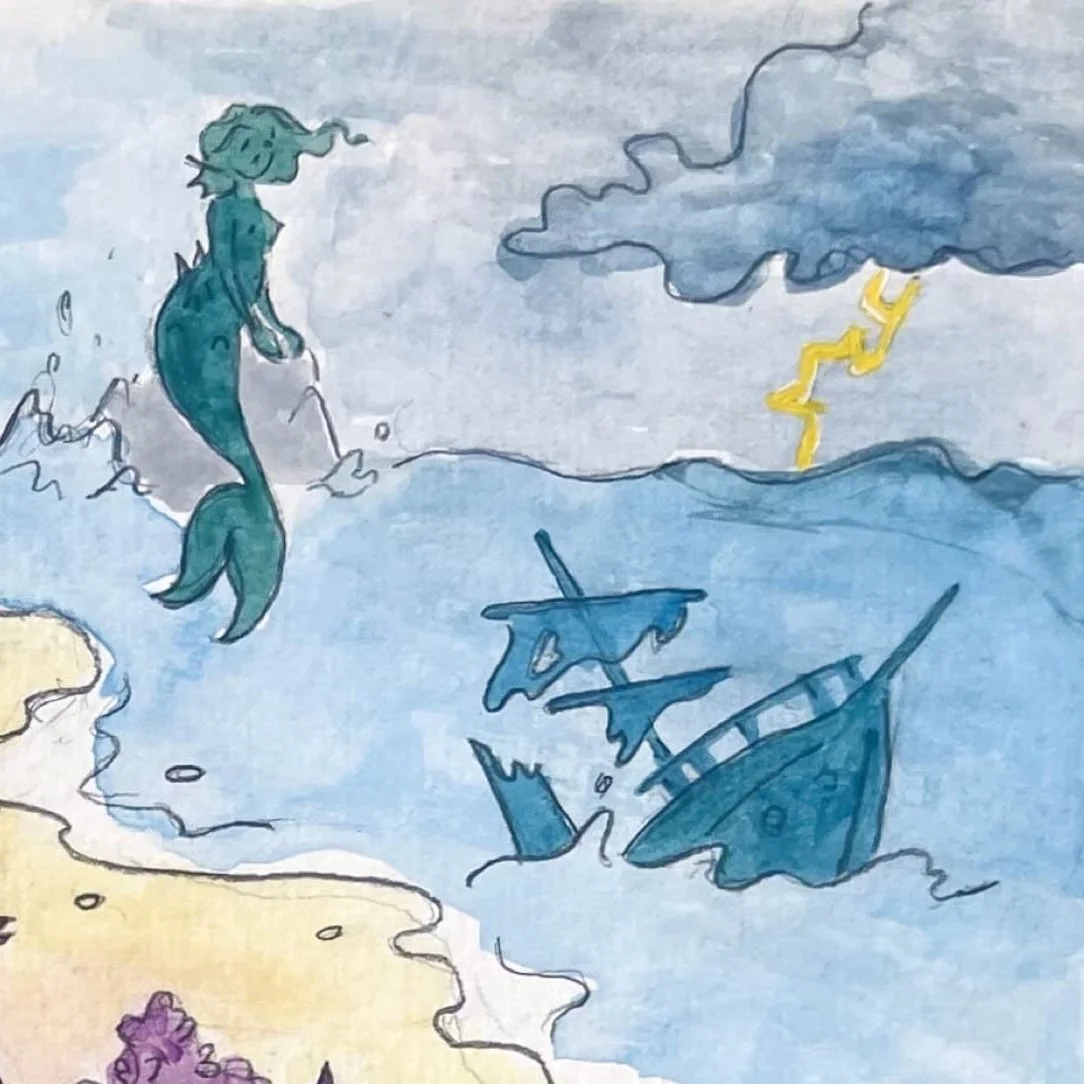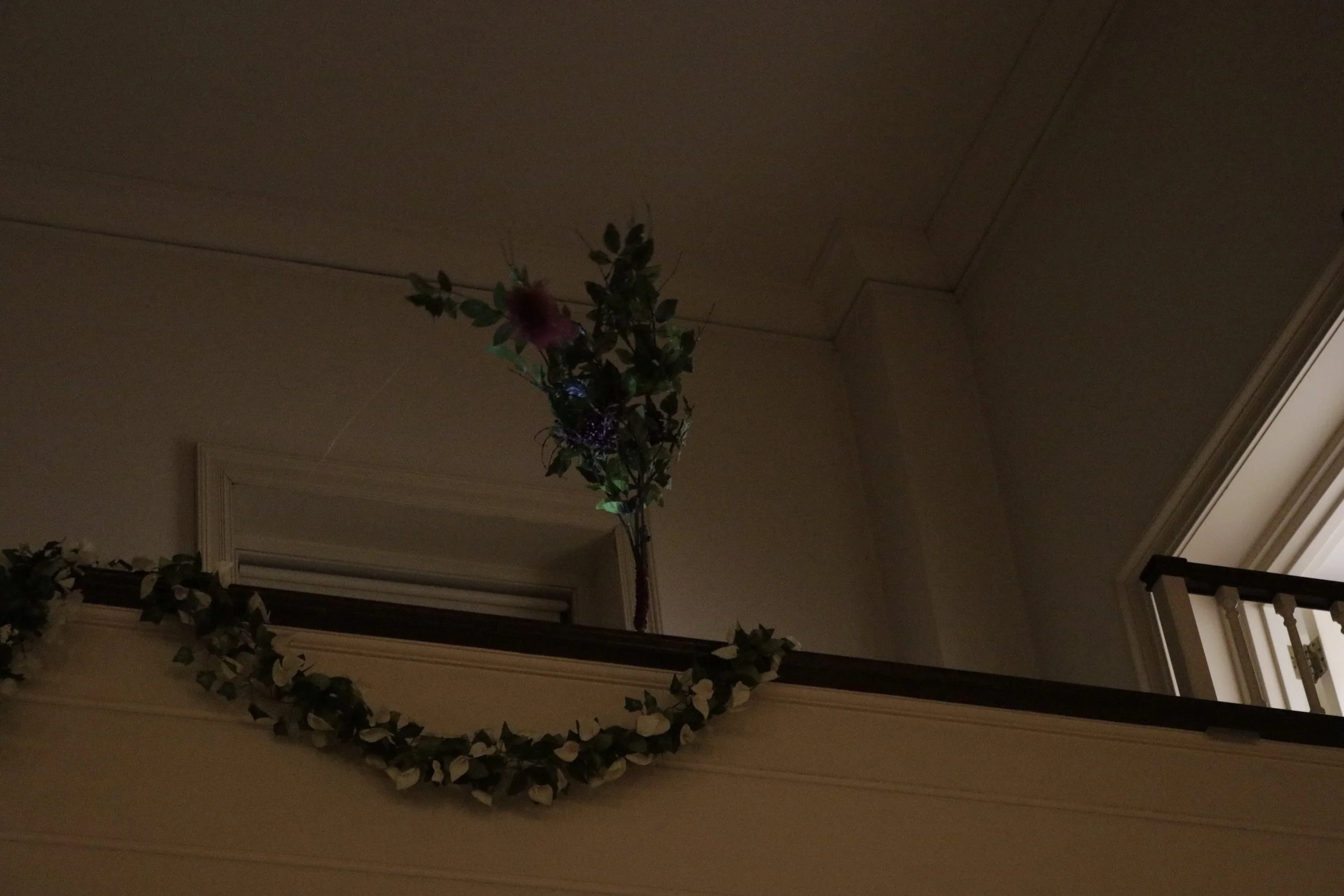Fiction
Plays
Dramaturgy
Plays
Rope Boy!
20 mins 7 M, 2 F
The Musical
Featuring music by Alina Tschumakow and Graley Ryan Turner, Rope Boy! tells the story of Misty, a young runaway who dreams of becoming a rope-maker. But his dream is thrown into peril when the no-nonsense foreman of the rope factory refuses to take him on.
Rope Boy! was performed by the Smith College Student Theatre Committee in the spring of 2024.
20 mins 1 M, 2 F
The Vessel
Packing up her late grandmother’s belongings turns haunting for Joan when a ghostly crow from her childhood appears, forcing her to reckon with memory, materialism, and grief.
Dramaturgy
“In Shakespeare’s earlier comedies As You Like It and A Midsummer Night’s Dream, this freedom from society becomes literal in the form of the forest: the characters escape into the woods beyond society, where gender and desire become flexible and the rules no longer apply. In Twelfth Night, the fantastical “other” world is not the forest but the seashore the shipwrecked Viola and Sebastian wash up on. The shore is a liminal place, a place of transformation. It is there the twins change their names (and in Viola’s case, her gender), and from there that they enter into fantastical Illyria. And unlike Midsummer, Viola and Sebastian never leave the fantasy world, instead remaining in Illyria at the play’s close. Nor does Viola, like As You Like It’s Rosalind does, change back into her woman’s clothes– or back into her woman’s identity. Suddenly the nice heterosexual ending is a lot less neat.”
Dramaturgical Notes on Twelfth Night
“This is a story about characters in the wrong genre, looking up and realizing they’ve been playing by a different set of rules than governs their surroundings. It is a story about different kinds of love– about the idyllic same-sex intimacy of childhood, and the grown-up heterosexual courtship it must be sacrificed for. And it is a tragedy about forcing oneself to be any one thing– gay or straight, friend or enemy, princess or priestess, warrior or wife– with no allowance for the awkward process of moving through transitory periods of life, or for the blurred lines between types of intimacy.”
Director’s Note on The Two Noble Kinsmen




